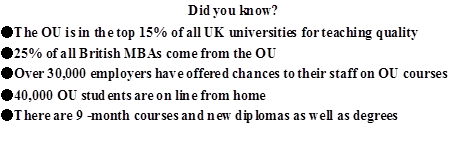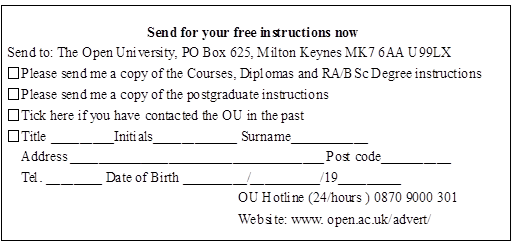0 10579 10587 10593 10597 10603 10605 10609 10615 10617 10623 10629 10633 10635 10639 10645 10647 10653 10657 10659 10663 10665 10669 10671 10673 10674 10675 10677 10678 10679 10681 10683 10687 10689 10693 10695 10699 10705 10707 10713 10717 10719 10723 10729 10735 10737 10743 10747 10749 10755 10759 10765 10773 151629

